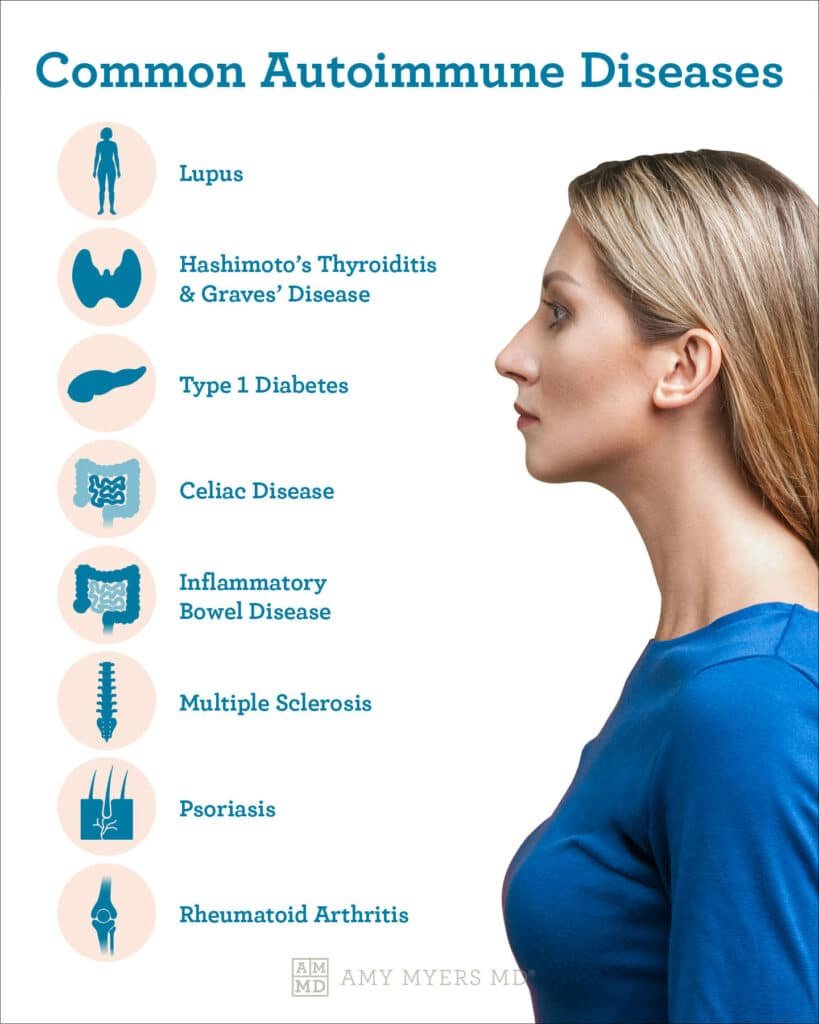CBD for Health and Recovery
Our understanding of the human body has changed significantly in the last hundred years. Thanks to modern medical science the inner workings of our physiology have been revealed in innumerable ways. Consequently new treatments and interventions have made many chronic conditions either curable or manageable with medication. Treatments for diabetes, cardiovascular dysfunction and cancer have extended life expectancy for many and are part of our common understanding of illness and disease. These days a diagnosis of a heart condition will lead to medication and often surgical intervention instead of inevitable physical decline.
Awareness of how our lifestyles and the choices we make affect our health have also evolved. We understand that too much sugar in our diet will create imbalance and lead to obesity and diabetic conditions, that too much cholesterol will harm our hearts and that too much alcohol will damage our livers. Our belief that exercise is key to our health as well as a good diet and adequate sleep has been reinforced by medical science.
This is the health culture of the present, we strive for moderation to keep ourselves in balance and there is consciousness about lifestyle choices. Many nutrients are recognised as beneficial; vitamins , essential fatty acids, amino acids, fiber are all acknowledged as supplements that support general health. How all this works is less well understood but medical research into cannabinoids has revealed the mechanism of how our bodies maintain balance and health function.
Humans, and all mammals, maintain balance between the integral systems of the body through a homeostatic system known as the ECS (Endogenous Cannabinoid System) Our bodies make our own endocannabinoids from essential fatty acids which moderate endocrine levels and keep our internal systems balanced and regulated. The main source for the production of endocannabinoids comes from omega 6 and omega 3 -rich essential fatty acids, these are ‘essential’ as we cannot produce these compounds ourselves.
The modern western diet is significantly different from our ancestors, for thousands of years the human diet had a balance of omega-6 and omega-3 fatty acids which came from food which was varied and largely unprocessed, this meant that our intake of omega-6 and omega-3 fatty acids was equal, a 1:1 ratio.
Modern diets with high levels of processed oils and sugars has meant that the ratio is very unbalanced, 15:1 is now the norm, this high ratio imbalance promotes the pathogenesis of many diseases; cardiovascular, pulmonary, inflammatory,autoimmune and cancers.
Minimizing our intake of processed oils and sugars which are unhealthy sources of omega-6, and making sure that our diets included omega- 3 rich foods supports production of endocannabinoids.
Plant-based cannabinoids are invaluable as supplements which directly support the functioning of the ECS. Cannabinoids create the same response in ECS receptors as the endocannabinoids our body produces. Supplementary cannabinoid support has been shown in clinical trials to improve omega-6 to omega-3 ratios and reduce chronic conditions.
Research into the prevention of cardiovascular conditions showed a 70% decrease in mortality when omega-6 to omega-3 ratios were reduced to 4:1. Realigning these ratios of fatty acids has been proved to reduce cancerous cell proliferation in colorectal cancer and suppressed inflammation in rheumatoid arthritis.
Using cannabinoids as a healthy supplement to support our ECS bolsters the effects of good diet and adequate exercise, allowing our bodies to function most effectively.
When the body is recovering from disease the ECS is under significant pressure to bring balance back to regain health. Again clinical trial results show us that bones regrow quicker and stronger when cannabinoids are present. CBD which reduces inflammation have been shown to significantly speed up recovery from operations like hip replacement or ACL knee surgery.
A few years ago I had two friends, both women and both in their forties who had the same ACL surgery. One decided to medicate with CBD tincture while the other chose conventional painkillers and anti-inflammatory drugs. The woman who chose to use CBD used two ounces of CBD tincture and at the end of a month was able to ride her bicycle again. The other friend had a much slower recovery and subsequently needed physical therapy to strengthen her knee.
The science of endocannabinoids and cannabinoids is growing and is still in an evolutionary stage where we have much to learn about functionality. Different cannabinoids are indicated for different conditions, CBD, CBG, CBN, THC and THCV have all been identified as having particular properties and significant overlaps in effectivity.
All the recent and current research points firmly to the understanding that maintaining our ECS with the right nutrients will keep our bodies healthy and balanced. Making sure that the ECS has the cannabinoids that fuel its ability to work is paramount. A balanced diet with a good ratio of omega-6 to omega-3 supports endocannabinoid production and full spectrum cannabinoid supplement like CBD-rich tincture or infused oil is an additional support to your endocannabinoid system.






